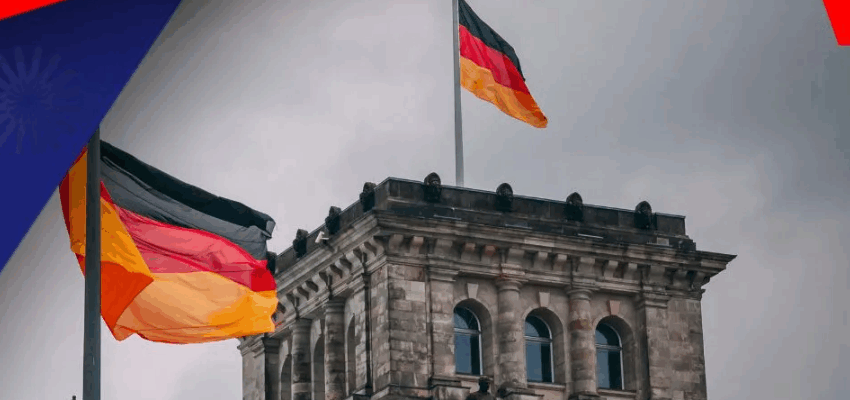OASIS went live in July 2021 alongside Germany’s controversial legalization of online gambling. It enables players to block themselves from all licensed operators. As of July 2025, 336,980
Germany Records 350,000 Self-Exclusions in Four Years

A Landmark in Safer Gambling
Since its launch in 2021, Germany’s nationwide gambling self-exclusion system OASIS has registered nearly 350,000 individuals. Originally introduced under the Interstate Treaty on Gambling, OASIS has become a cornerstone of the country’s “safer gambling” framework, while also highlighting key behavioral trends in the market.
OASIS went live in July 2021 alongside Germany’s controversial legalization of online gambling. It enables players to block themselves from all licensed operators. As of July 2025, 336,980 registrations had been recorded, climbing past 341,000 by mid-August. However, regulators note that repeat sign-ups mean the actual number of unique users may be somewhat lower.
Blocking Temptation
The platform allows exclusion periods ranging from a short cooling-off break to a maximum of ten years. The most popular option is the 12-month ban, chosen by over 182,000 registrants.
Shorter-term blocks remain attractive too—about 50,000 users selected exclusions of less than a year (though German law mandates a minimum of three months). At the other end of the spectrum, 22,381 individuals opted for the longest available term of ten years or more, signaling a strong commitment to staying away from gambling altogether. Once set, such long-term bans cannot be lifted early.
OASIS also offers a 24-hour “pause button”, which is proving popular as a temporary relief tool. In July 2025 alone, more than 40,000 players used this short-term lockout, suggesting that for many, it provides breathing space rather than a permanent break.
Who Is Driving the Registrations?
Roughly 97% of sign-ups come directly from players themselves. The remaining 3% are initiated by third parties—typically family or friends concerned about someone’s gambling. These third-party exclusions are subject to stricter rules, with a minimum ban of 12 months to prevent misuse of the system for short-term cooling-off.
Monthly new registrations have stabilized between 7,300 and 9,600. Meanwhile, the number of cancellations has dropped sharply: from over 7,400 in August 2024 to just 2,800 in July 2025. This trend suggests that once players register, they are increasingly likely to stick with their exclusion.
Market Context
The OASIS update comes as the Gemeinsamen Glücksspielbehörde der Länder (GGL) tracks wider industry performance. In Q1 2025, total stakes (excluding lotteries) reached €3.51 billion—with sports betting (€2.18bn) leading, followed by virtual slots (€1.1bn) and online poker (€204m).
By Q2, activity cooled, with total stakes slipping 8.3% to €3.22bn. Sports betting dropped to €1.89bn, slots held steady at €1.12bn, while online poker slid further to €184m.
Four Years On—What Does It Mean?
Four years after its debut, OASIS has shifted from a headline-grabbing innovation to a normalized tool of the regulated gambling landscape. With nearly 350,000 registrations, its scale is significant for a still-developing market.
The data show players using OASIS flexibly—whether through long-term bans, one-year exclusions, or short-term “pause” features. For policymakers, it stands as both a success story and an ongoing challenge, as regulators seek to measure its impact on market stability.












